Happy Thanksgiving!
During this time of year, family and friends gather to enjoy rich foods and good company. Even if you typically follow a healthy diet, it can be hard to make wholesome food choices during occasions like these.
Our previous post, Five Fabulous Fats, highlighted essential fats made in our bodies. Here we discuss five important fats our bodies can’t make on their own, the foods that contain them, and why you should include a healthy dose of each in your diet.
Geranial
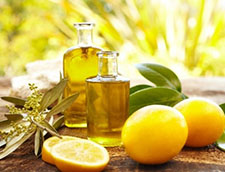
Geranial, a fat some people may not know about, is present in the oils of several citrus plants such as orange, lemon, and lime. Research suggests that its antibacterial and antimicrobial properties reduce inflammation in the body. So, think about adding some freshly squeezed lemonade to the menu.
EGCG (Epigallocatechin gallate)
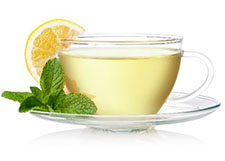
Are you a tea drinker? EGCG is a polyketide lipid that belongs to a class of flavonoids and is responsible for some positive health effects thanks to its anti-inflammatory and antioxidant properties. Other studies have also shown it can protect the body from oxidative damage and even reduce cancer risk by reducing the free radicals in your body. It can most easily be found in green and black tea, but trace amounts are also found in foods such as cocoa, onions, plums, and hazelnuts.
Gamma-tocopherol
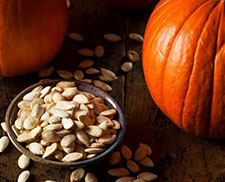
If you carved a pumpkin this year, did you remember to save the seeds? Gamma-tocopherol is one of eight types of vitamin E and can be found in nuts and seeds such as almonds, walnuts, pecans, or pumpkin seeds. Gamma-tocopherol has great antioxidant properties and can trap free radicals or other harmful byproducts, avoiding toxic buildup and oxidative stress, which can be damaging to the body.
Lauric Acid
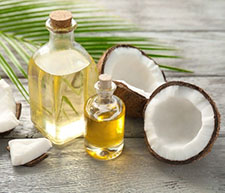
It’s hard to go anywhere without hearing about coconut oil these days, but aside from the various topical and cooking uses, the lauric acid found in coconut oil can kill harmful pathogens in your body. Lauric acid makes up 50 percent of the fatty acids in coconut oil, and once digested, it forms a substance called monolaurin. Both of these substances can help kill viruses, bacteria, and fungi in the body. Coconut oil has a high smoke point, so it’s an easy substitute when cooking or baking.
Cyanidin
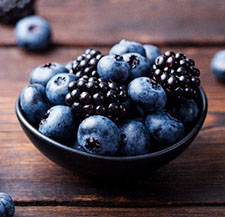
We’ve saved the indulgences for last—pie and wine! Cyanidin is a type of flavonoid found in red berries such as grapes, blackberries, and blueberries. Similar to gamma-tocopherol, it’s a radical scavenger and antioxidant that can protect cells from damage. Cyanidin has been found to reduce the risk of heart disease and cancer.
Even if these foods don’t appear on your table this week, they include some examples of good fats that we depend on for health. Researchers funded by NIGMS are studying lipids to better understand their role in normal body processes and in disease.


Nice article. My next shopping list has blackberries, pumpkin seeds, onions, and plums on it.